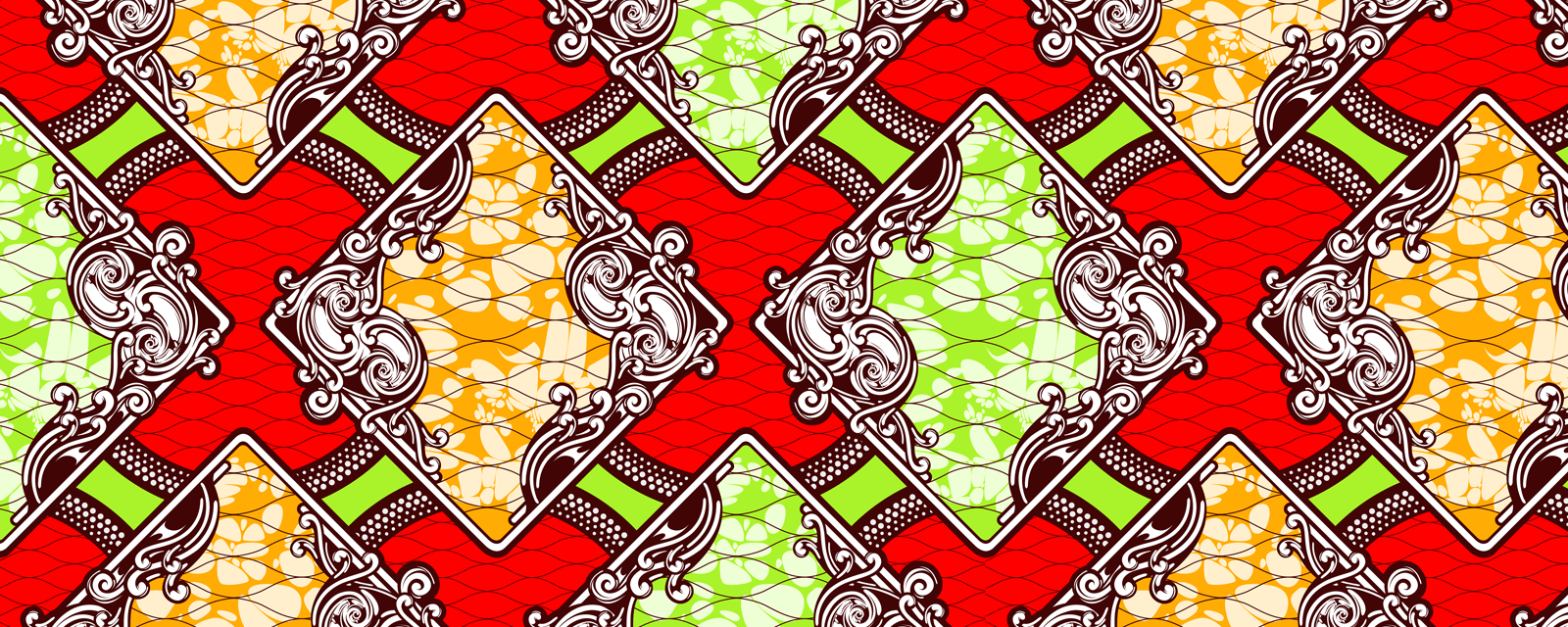The second in a series of six poems (see part one for the background and three, four, five and six for the rest) from the Xhosa poet Melikhaya Mbutuma, imbongi to the Thembu paramount chief Sabata Dalindyebo (). This poem jumps forward twenty-one months.
The post of village headman has fallen vacant in the Engcobo district of Thembuland. Two contenders for the post, Gcanga and Xundu, have been campaigning for two years. But the struggle involves national politics as the neighbouring chiefs take different sides, with the question of Transkei’s “independence” at stake. Gcanga’s main supporter is paramount chief Sabata Dalindyebo, an opponent of the Bantustan policy. Mbutuma is, of course, his imbongi. Xundu is backed by the pro-government chiefs, principally Chief Kaiser Matanzima. who eventually became Chief Minister of the Transkei (and later President).
This poem was recited in July, 1961
This Gcanga headmanship is pervasive;
It has made men irresolute and confused.
I met Xunda mumbling to himself. (1)
Let Magxina Sotyato go back to Mjanyane. (2)
I found them pitting the chief against Sampu’s fortress. (3)
I communicated this to Mxakeki Sigidi at Sentubi,
I informed Chief Dalasile in person,
I specifically told Chief Mayeza too
That a fearful dilemma faces him.
But only my chief was unconcerned. (4)
Invite orators like Ndumiso to come and speak,
Invite strategists like Bungane to come and sift, (5)
Invite wise men like Zwelihle to come and arbitrate, (6)
Call Matanzima to come and decipher for you. (7)
He is not educated but indoctrinated -
The greenish wiry animal of the Mnqhangi Mountains, (8)
The dragon I found with a pile of books,
An expert on law and speculation,
The black and white leading ox of the Northern Hala. (9)
But you have sacrificed Mlilo’s son, I still maintain! (10)
Here is the poem in the original Xhosa:
Le nto yobubonda bukaGcanga inzima
Iwatsho aziziyilata amadoda, adideka.
Ndidibene nokaXundu emana embombozela.
Myekeni uMagxina kaSotyato aye eMjanyane
Ndifike beyixhoma inkosi kwihlathi loSampu.
Ndimxelele uMxakeki kaSigidi e Sentubi,
Ndimxelele uNkosi uDalasile ngokwakhe,
Ndimxelele uNkosi uMayeza ngokwakhe,
Ndathi liyoyikeka ihlathi oxhonywe kulo;
Kuloko inkosi yam ayothukanga lutho.
Bizani amaciko uNdumiso bathethe,
Bizani amachule uBungane bachwethe,
Bizani iingqondi uZwelihle balawule,
Bizani uDaliwonga anifundele.
Umntwan’ enkosi akafundanga ufundisive,
Isijajane uklazathi lwezixhobo zoMnqhanga,
Ihlosi endifike linesipha seencwadi,
Isahlwahlwane igqira lomthetho neengcinga,
UGambushe ifolosi yamaHala eluxeni.
Ndithi ke mna umtaka Mlilo nimxhomile!
Archie Mafeje,
“The Role of the Bard in a Contemporary African Community”,
Journal of African Languages VI, 3 (1967), 197–199.
Footnotes
- Xunda, the pro-government candidate, presented as “mumbling to himself.”
- Magxina Sotyato: One of Xunda’s supporters who, being from a different village, had no business interfering.
- Sampu was Paramount Chief Sabata Dalindyebo’s predecessor. The chiefs named in the following lines support Xungu, and are being “pitted against” Sabata by Matanzima’s supporters.
- Sabata is unimpressed by the conspiracies.
- Ndumiso and Bungane are councillors whom the imbongi trusts.
- Zwelihle, the praise name of Chief Mtikrakra, second senior chief after Sabata. In the following poem, number 3 of this series, Mbutuma accuses him of changing sides. He was assassinated by an unknown group in 1965.
- Matanzima, Sabata’s chief opponent, described with great scorn. He eventually became Chief Minister of the Transkei (and later President).
- Mnqhangi Mountains: Mountains overlooking Matanzima’s residence.
- Northern Hala: A section of the Thembu, ruled by Matanzima.
- Mlilo’s son (actually grandson) is Chief Mayesa, one of Sabata’s subordinates, who has been persuaded to support Matanzima. Mbutuma prophecies this will destroy him.

